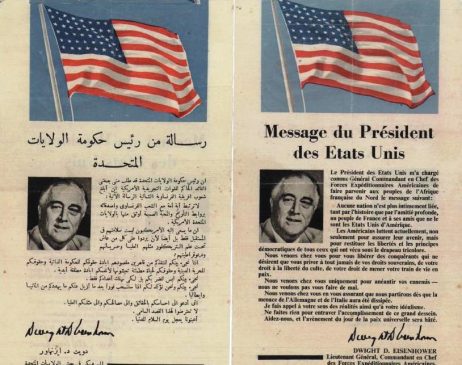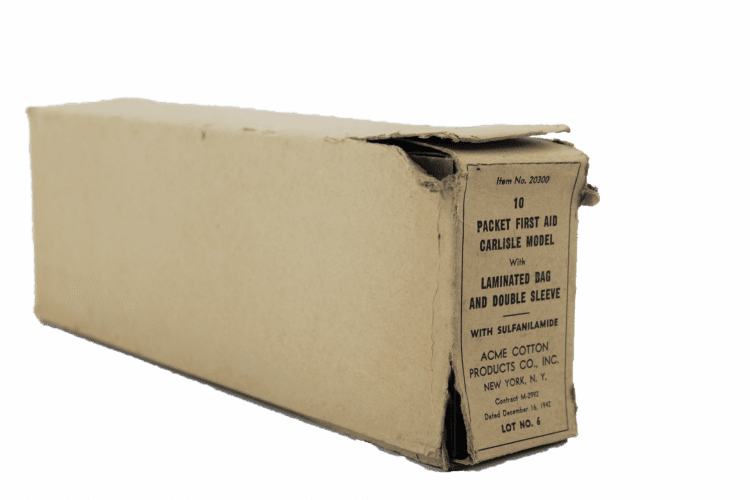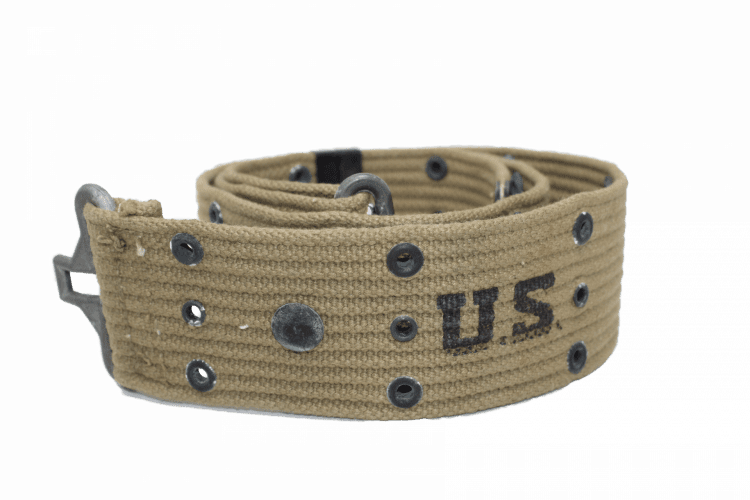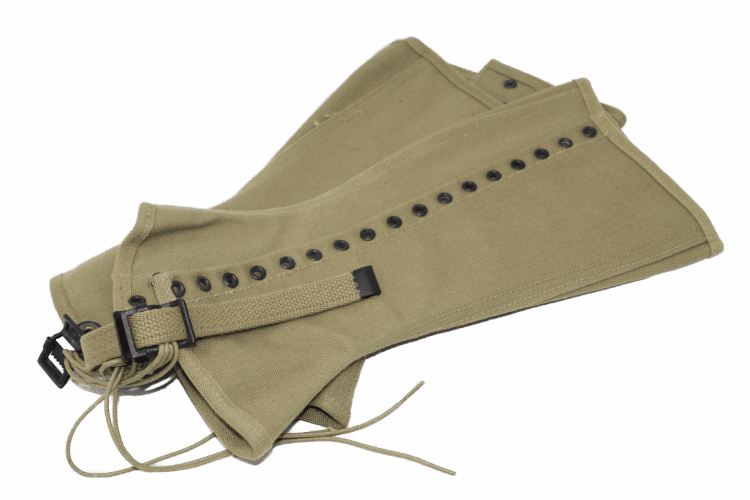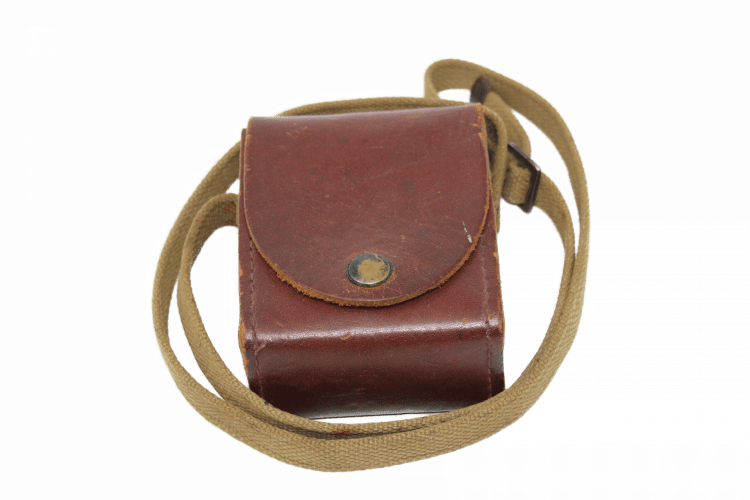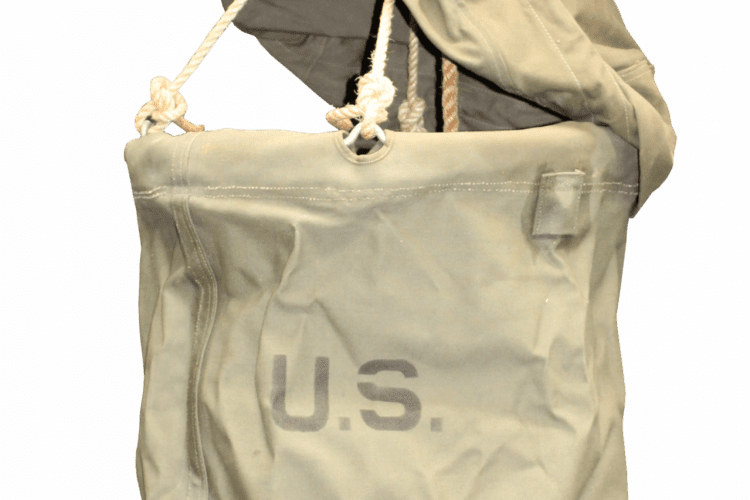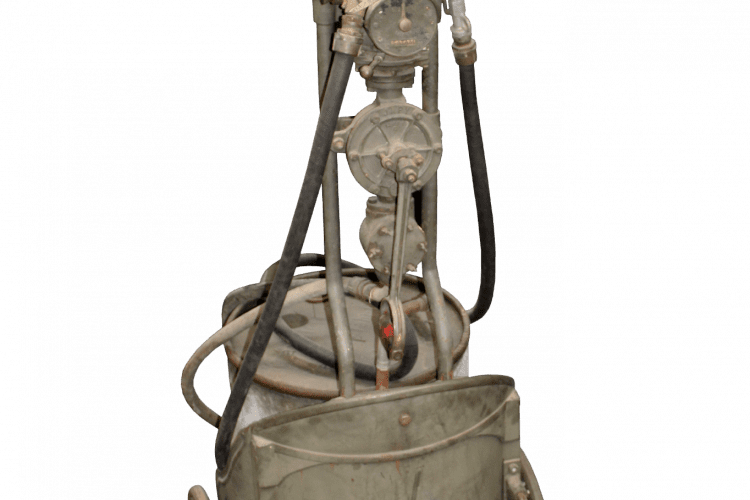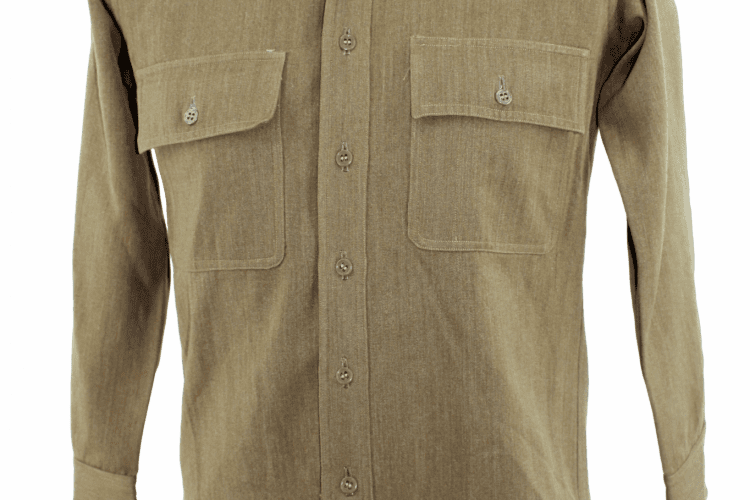8th November 1942: Operation Torch: U.S. forces land in North Africa.
Operation TORCH…
The landing at Algiers was aided by an attempted coup within the city by pro-Allied forces. Therefore, the Vichy government in Algiers was more concerned with putting down this coup than with countering the Allies landing on the beaches. By 18.00, the city had surrendered to the Allies.
The landings at all three beaches were highly successful. French resistance had been minimal as were Allied casualties. After consolidating their forces, the Allies moved out into Tunisia. After Montgomery’ssuccess at El Alamein, the Afrika Korps was in retreat. However, the further it moved west from El Alamein, the nearer it got to the recently landed Allied troops.
Though damaged, the Afrika Korps was still a potent fighting force as the Allies found out at Faid Pass and at the Kasserine Pass. However, the might of two advancing Allied armies meant that it was trapped and on May 7th, 1943, the Afrika Korps surrendered. Whether the surrender would have come about so quickly without the success of Operation Torch is open to question.

Stalin’s Russia had been pressing the Allies to start a new front against the Germans in the western sector of the war in Europe. In 1942, the British did not feel strong enough to attack Germany via France but the victory at El Alamein in November 1942 was a great stimulus to the Allies to attack the Axis forces in North Africa. Though American military commanders were confident about a successful landing in France, the British got their way when Roosevelt supported Churchill’s request that the Allies prepare for the French North African option.
From North Africa, the plan was to invade Sicily and then on to mainland Italy and move up the so-called “soft underbelly” of Europe. Victory in the region would also do a great deal to clear the Mediterranean Sea of Axis shipping and leave it more free for the Allies to use.
The Allies planned to invade Morocco and Algeria. Both these countries were under the nominal rule of Vichy France. As the Vichy government in France was seen by the Allies to be in collaboration with Nazi Germany, both North African states were considered to be legitimate targets.
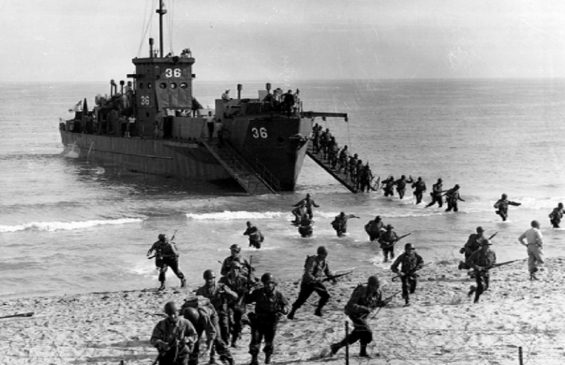
There were about 60,000 French troops in Morocco with a small naval fleet based at Casablanca. Rather than fight the French, plans were made to gain the cooperation of the French army. General Eisenhower was given command of Operation Torch and in the planning phase he set up his headquarters in Gibraltar.
An American consul based in Algiers – Robert Daniel Murphy – was tasked with sounding out how cooperative the French army would be. On October 21st 1942, a senior American general, Mark Clark, was sent by submarine to Cherchell to meet with senior French army officers based in French North Africa.
The key to Torch was a successful amphibious landing. Three landing sites were chosen – Casablanca, Oran and Algiers.
The Western Task Force was to land near Casablanca at Safi, Rabat and Mehdia and Major-General George Patton commanded it. 35,000 troops were in this task force.
The Central Task Force was to land at Oran. It was commanded by Major-General Lloyd Fredendall. 18,500 troops were in this task force.
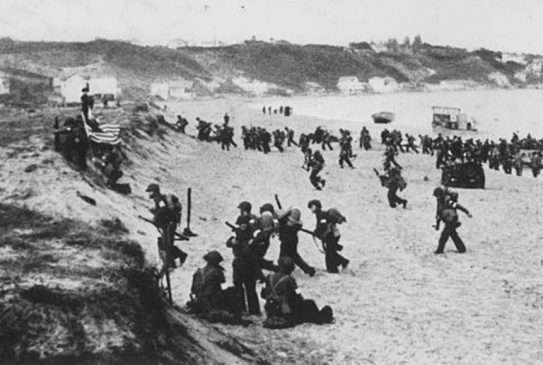
The Eastern Task Force was to land at Algiers and General Ryder commanded it. 20,000 troops were in this task force.
The landings started before daybreak on November 8th. There was no preliminary air or naval bombardment as the Allies hoped that the French based at the three landing zones would not resist the landings. French coastal batteries did fire at transport ships, but Allied naval gunfire retaliated. However, French sniper fire proved more difficult to resolve. Carrier-based planes were needed at the landing beaches to deal with the unexpected and unwanted French resistance.
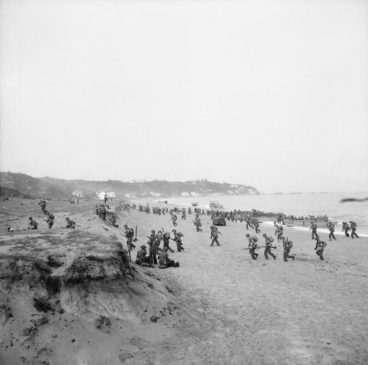
NA 30
Part of
WAR OFFICE SECOND WORLD WAR OFFICIAL COLLECTION
Bowman (Sgt)
No 2 Army Film & Photographic Unit
The resistance put up by the French was more an inconvenience as opposed to a major military problem. The key target for Patton was the capture of Casablanca. This he achieved on November 10th when he took the city unopposed, just two days after landing.
One problem faced at Oran was the fact that the beach had not been suitably investigated by those who wished to land 18,500 men on it and a sizeable amount of equipment. The landing crafts found that the water was unusually shallow, and damage was caused to some of the landing craft. Such mistakes were learned from and taken into account for the landings at D-Day in June 1944.
At Oran some ships from the French Navy attempted to attack the Allied invasion fleet but were sunk or driven ashore. French troops at Oran finally surrendered on November 9th after their positions were attacked by gunfire from a British battleship.
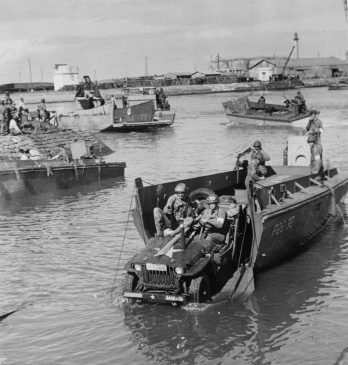
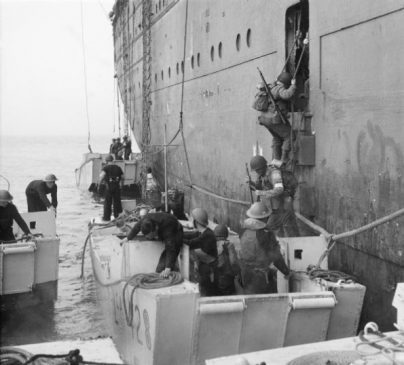
Operation Torch also saw the first large scale American airborne drop when the US 509th Parachute Regiment captured two airfields near Oran.
The landing at Algiers was aided by an attempted coup within the city by pro-Allied forces. Therefore, the Vichy government in Algiers was more concerned with putting down this coup than with countering the Allies landing on the beaches. By 18.00, the city had surrendered to the Allies.
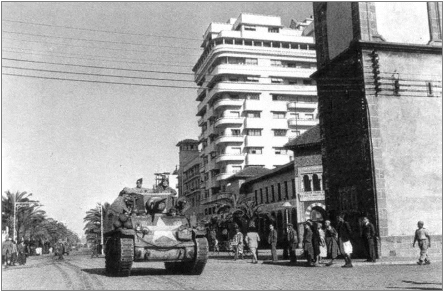
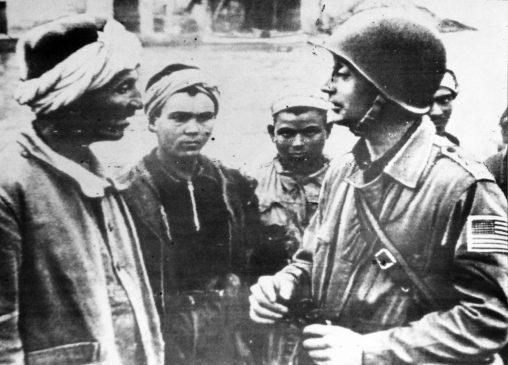
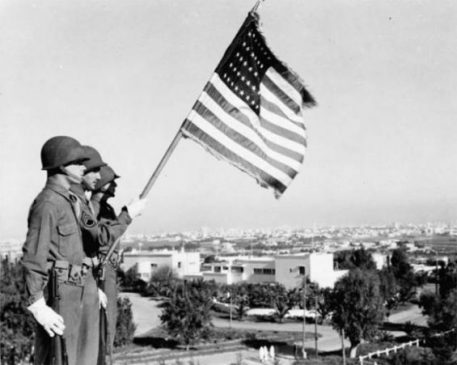
The landings at all three beaches were highly successful. French resistance had been minimal as were Allied casualties.


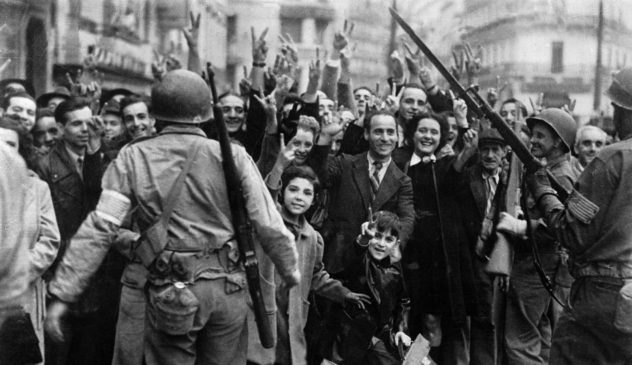
After consolidating their forces, the Allies moved out into Tunisia. After Montgomery success at El Alamein, the Afrika Korps was in retreat. However, the further it moved west from El Alamein, the nearer it got to the recently landed Allied troops.
Though damaged, the Afrika Korps was still a potent fighting force as the Allies found out at Faid Pass and at the Kasserine Pass. However, the might of two advancing Allied armies meant that it was trapped and on May 7th, 1943, the Afrika Korps surrendered. Whether the surrender would have come about so quickly without the success of Operation Torch is open to question.
The message to the Marocco people from Casablanca of the USA President, written in French and Arab language:
